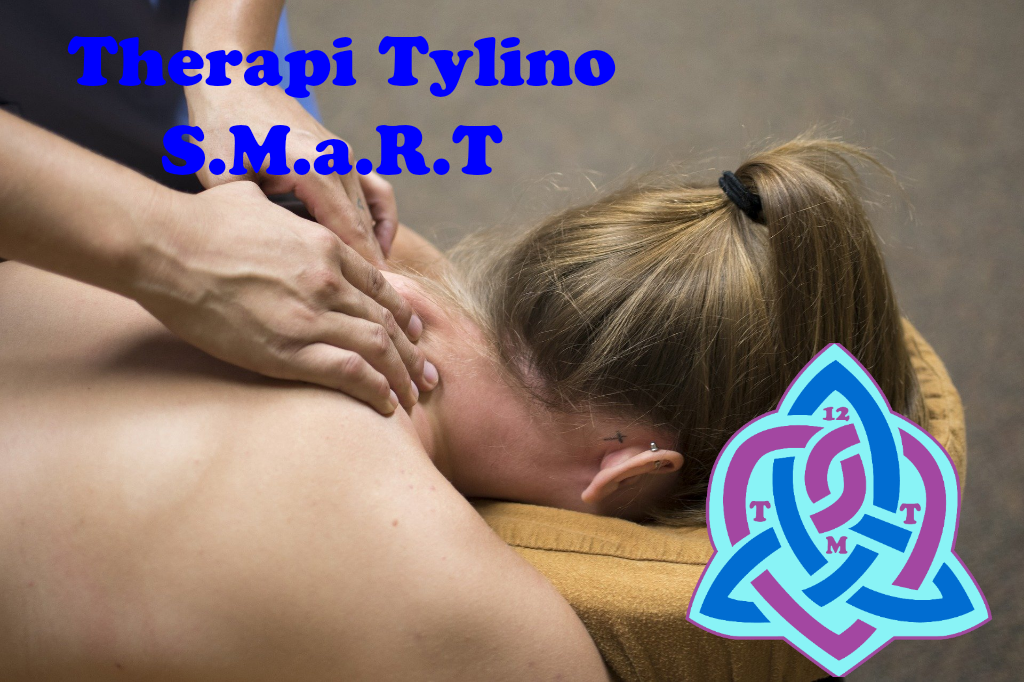Qualities of a Professional Massage Therapist
When we think of people who work in healthcare, we tend to think of people who are caring, kind, and patient. While this may be true, there is more to being professional than having a kind heart.
There are certain skills, traits, and qualities that a true professional Massage Therapist is required to possess to make them successful in what they do. What are they?
Passion for the career
First and foremost, it’s really important that they are passionate about what they provide. At the end of the day, it’s not just a job, it’s a commitment to helping others. It can be both demanding and challenging but also rewarding, so they need to really love what they do. It’s about having the right attitude and getting up each day, excited for what lies ahead, knowing you will be making a difference – however big or small.
Good with communication skills
A professional Massage Therapist will be able to communicate effectively. They don’t sit in front of a computer all day, they’re working with people, every day, to build a professional relationship with clients. They need to be able to listen and converse with their clients to understand their needs. They also need to be able to explain their treatment plan in a way that is understood and makes sense to clientele so they feel respected and supported.
Ability to multitask
Working as a massage therapist, you may find yourself caring for multiple client issues at any one time. A typical treatment session may require the therapist to assess the client holistically with their health and wellbeing (both mental and physical). In a typical treatment session, there may be many things going on at any one time and all the factors need to be considered so the ability to multitask is essential.
Fit and active
There is a high level of physical activity in the role of a Massage Therapist as they will be on their feet and using their upper body for most of the day. They may also need to carry heavy objects and assist their clients with positioning themselves on the couch. So, being physically fit is an important factor.
While they’re not expected to be a super athlete by any means, they do need to have a moderate level of fitness so they can keep up with the fast-paced nature of the treatment. Don’t despair, it can actually be a great perk of the job! Not only are you helping others with their health, but the therapist will have some pretty impressive workouts with all that physical action!
Good problem-solving skills
Working as a massage therapist, every treatment is different. There’s always a new challenge or problem to solve. Therefore, they need to be able to think on their feet. They could be faced with any number of issues. A good massage therapist will be able to work through a problem calmly and rationally and come up with a solution that treats the causes that affect soft tissue issues.
Empathy and compassion
Above all else, a professional massage therapist has to be able to show compassion for their clients and provide reassurance when there is a need. At times, their clients may find themselves in difficult or frustrating situations and they need someone to listen, to understand and respect their wishes or point of view. If they respond kindly, with empathy and understanding, it will have a positive impact on their clients.
Confidentiality
Professional massage therapists handle information about service users, and a lot of this is confidential. However, they have to make informed and reasonable decisions relating to issues of confidentiality, in line with professional standards. Some information is always confidential, such as information about someone’s health or medical history, especially if given in a healthcare environment.
Ethics and codes of conduct
Professional ethics are principles that govern the behaviour of a person in a healthcare environment. Professional ethics provide rules on how a person should act towards other people and institutions in such an environment.
Professional ethics assure clients that treatment will be provided in accordance with reasonably high standards and acceptable moral conduct. This confidence enables massage therapists to implement decisions that will affect the client’s treatment plan.

